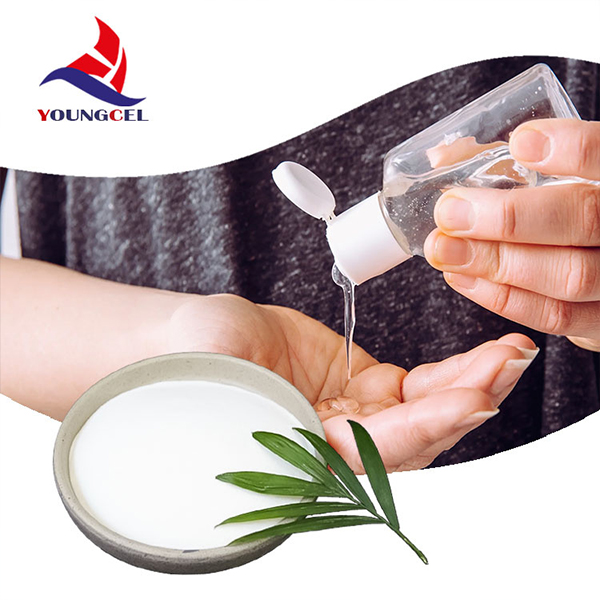The Role of Chemical Additives in Modern Industries
Chemical additives play a crucial role in various industries, enhancing the performance, quality, and longevity of products. These substances, which are incorporated into materials during their manufacturing processes, facilitate a wide range of properties and functionalities that would otherwise not be achievable. From food production to construction and pharmaceuticals, chemical additives serve as essential components that often go unnoticed yet significantly impact our daily lives.
The Role of Chemical Additives in Modern Industries
In the construction industry, chemical additives are equally vital. Concrete admixtures, for instance, are substances added to cement during the mixing process to modify its properties. Plasticizers improve workability, allowing for smoother application, while accelerators speed up the curing process, enabling quicker project completion. Water-reducing agents can enhance the strength and durability of concrete while reducing overall material costs. These enhancements not only improve construction efficiency but also contribute to the structural integrity and longevity of buildings, bridges, and other infrastructure.
chemical additive

The pharmaceutical industry relies heavily on chemical additives to formulate effective medications. Excipients, which are inactive substances used as carriers for the active ingredients, play a significant role in the drug’s absorption and effectiveness. Binders, fillers, and disintegrants are examples of additives that ensure the proper delivery and performance of drugs, impacting how they are absorbed by the body. Additionally, preservatives in pharmaceuticals prevent microbial contamination, ensuring that medications remain safe and effective throughout their shelf life.
However, the use of chemical additives is not without its challenges and controversies. Concerns regarding health risks and environmental impacts have led to increased scrutiny of certain additives. For example, artificial colors have faced criticism due to potential links to hyperactivity in children, while some preservatives have been under investigation for allergenic reactions. Consequently, many consumers are advocating for transparency regarding ingredient usage and are seeking natural alternatives. This shift has prompted manufacturers to invest in research and development to produce cleaner, safer products that cater to consumer demands.
As science and technology advance, the development of novel additives continues to evolve. Innovations like bio-based additives, which are derived from renewable resources, are gaining traction. These alternatives not only fulfill performance criteria but also align with sustainability objectives, reducing environmental footprints. The future of chemical additives involves not only improving existing products but also creating more sustainable solutions that fulfill consumer expectations.
In conclusion, chemical additives are indispensable to modern industries, enhancing the quality and functionality of a wide array of products. While challenges regarding safety and environmental impact persist, ongoing innovation and regulation are key to ensuring that these substances continue to benefit society. As consumers become more informed and demand greater transparency, the industry must adapt, ensuring that the advantages of chemical additives can be realized in a safe and sustainable manner.
-
HEC 100000 Hydroxyethylcellulose for Paint | Superior ThickeningNewsAug.30,2025
-
Wall Putty Rdp Powder Packaging DesignNewsAug.29,2025
-
Introduction to Hpmc Hydroxypropyl Methyl CellulosNewsAug.29,2025
-
Hpmc Industri Grade IntegrationNewsAug.29,2025
-
How to Choose the Right Construction AdhesiveNewsAug.29,2025
-
Construction Adhesive StrengthNewsAug.29,2025




